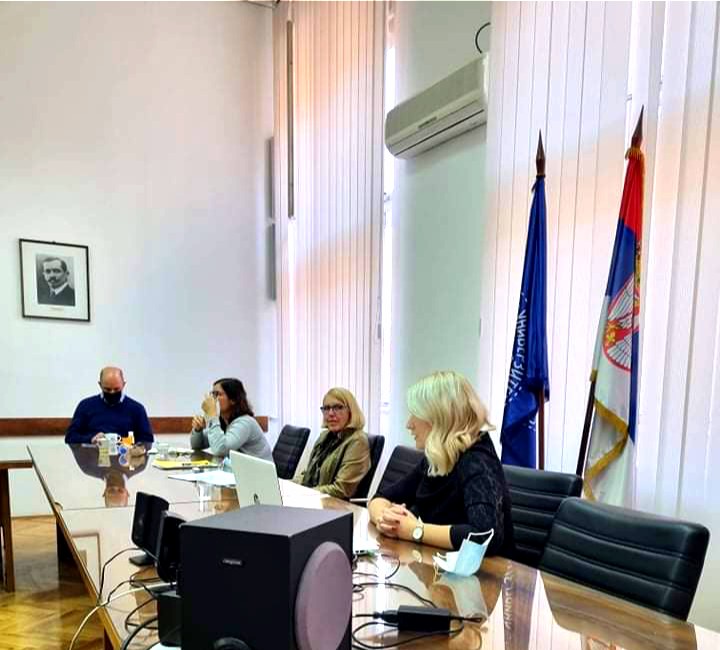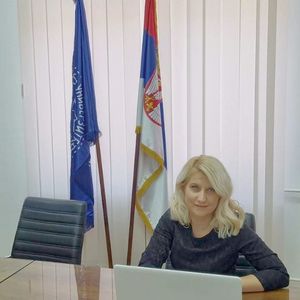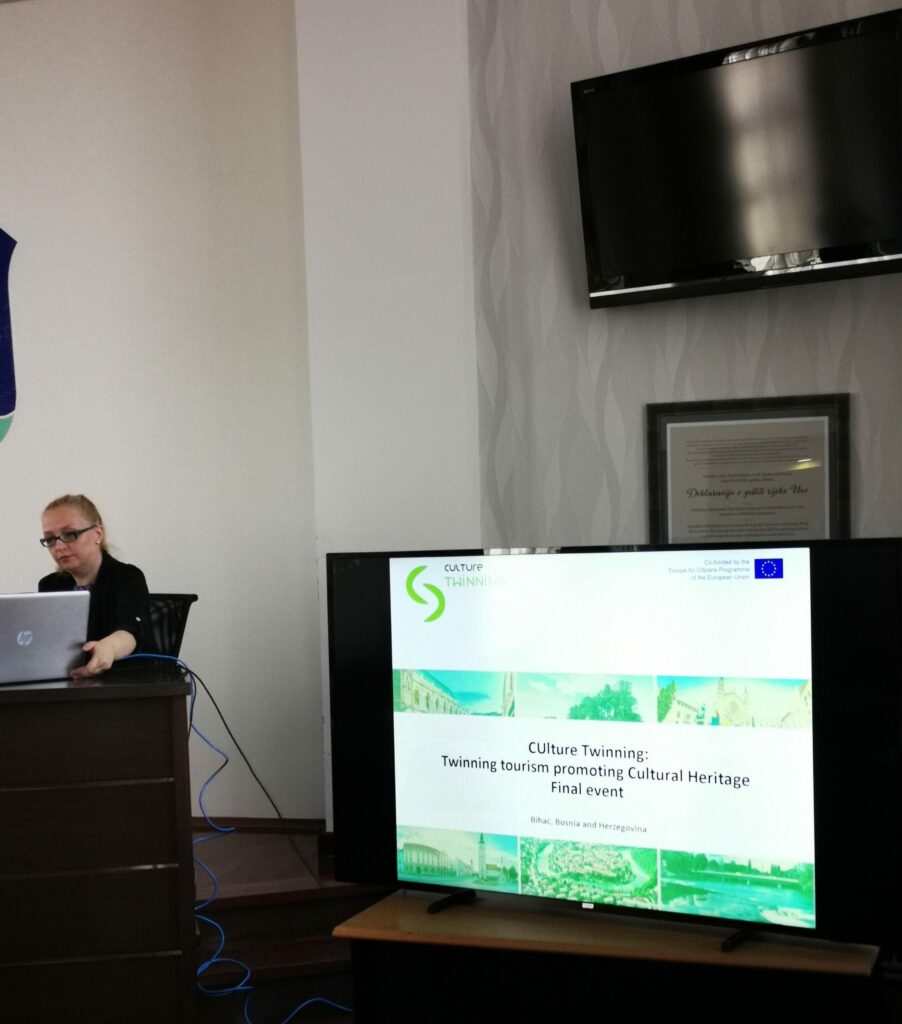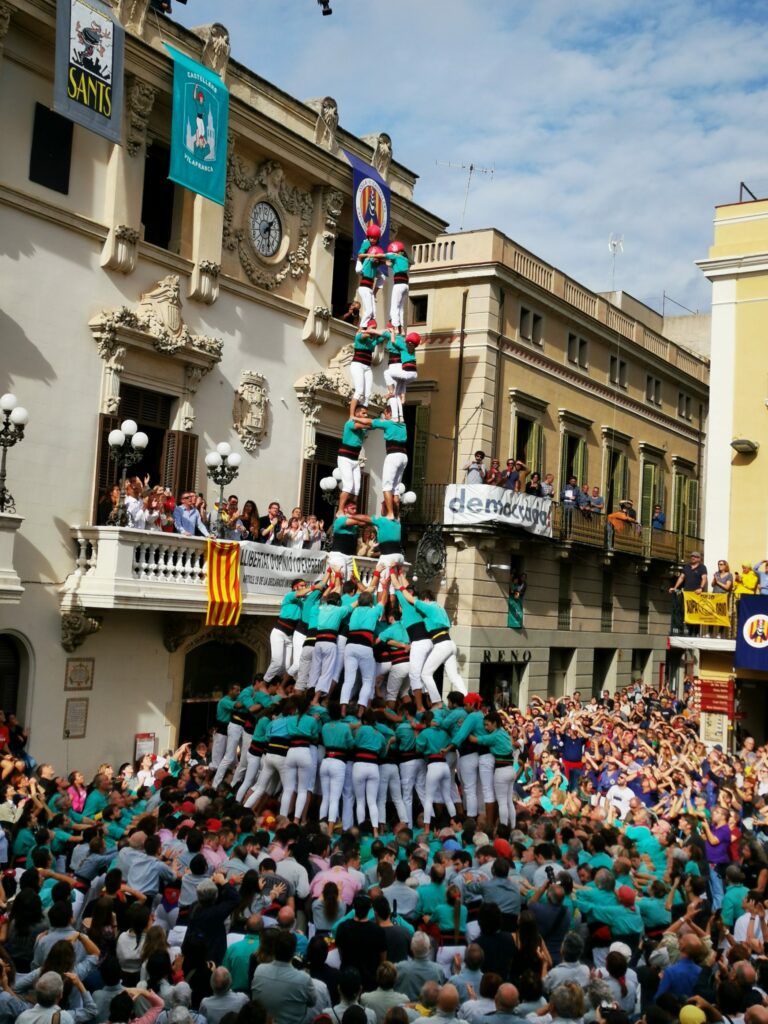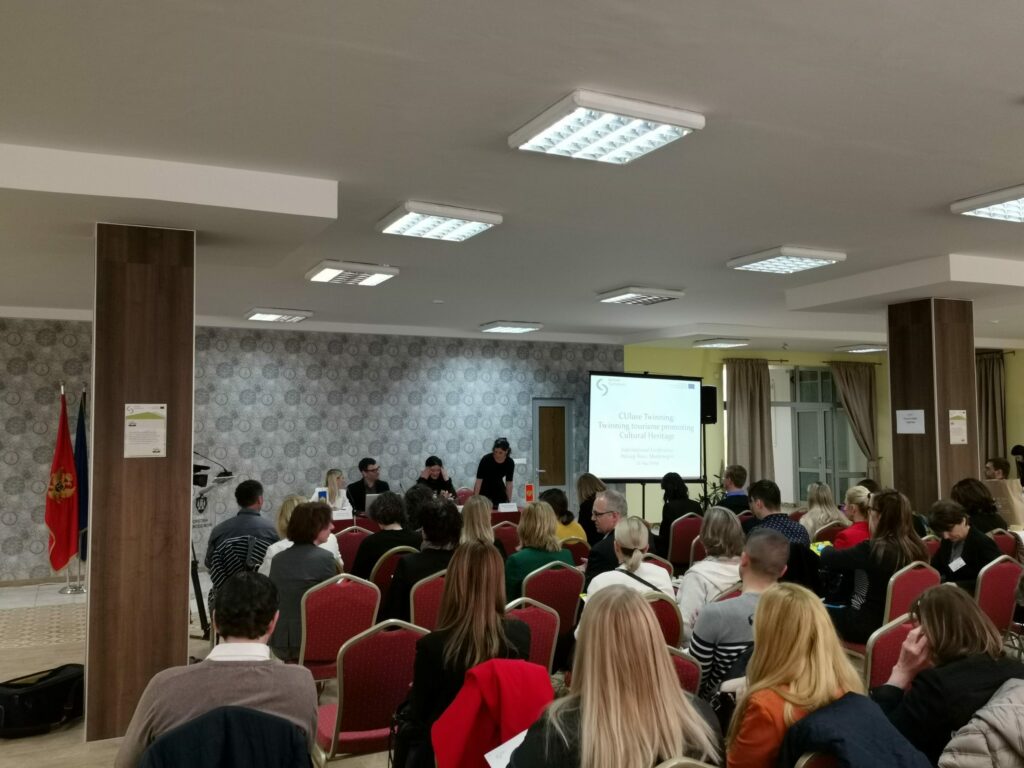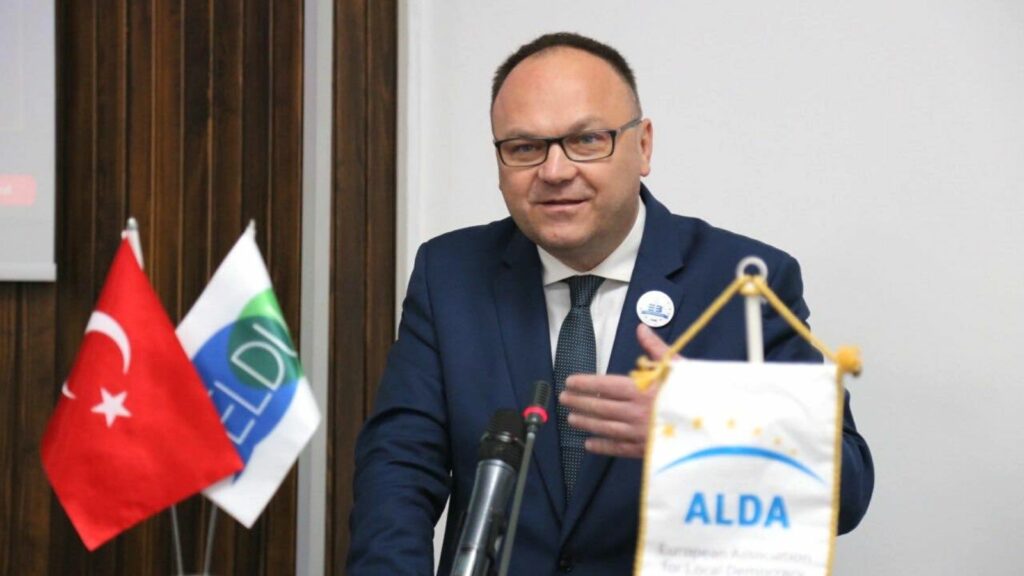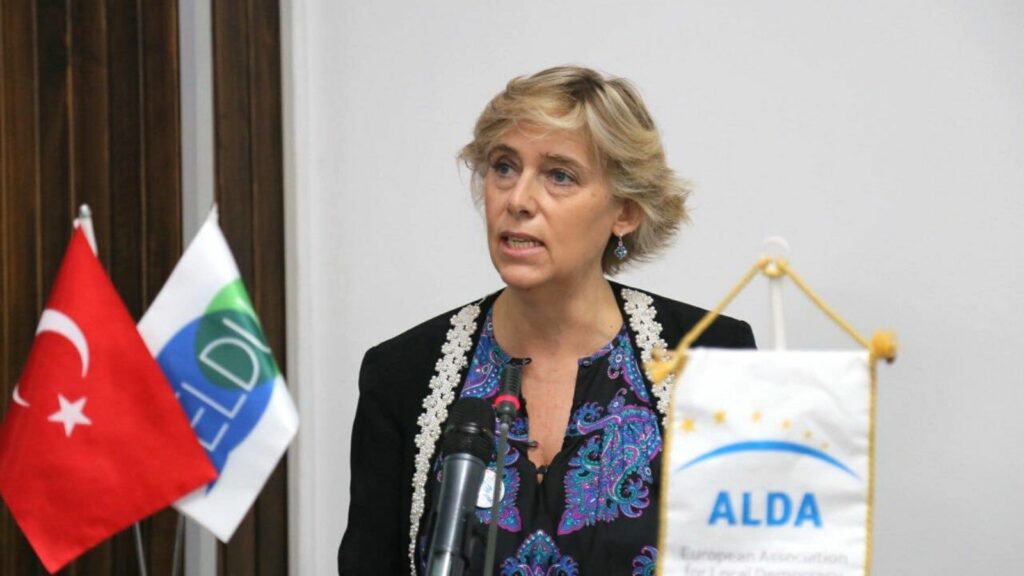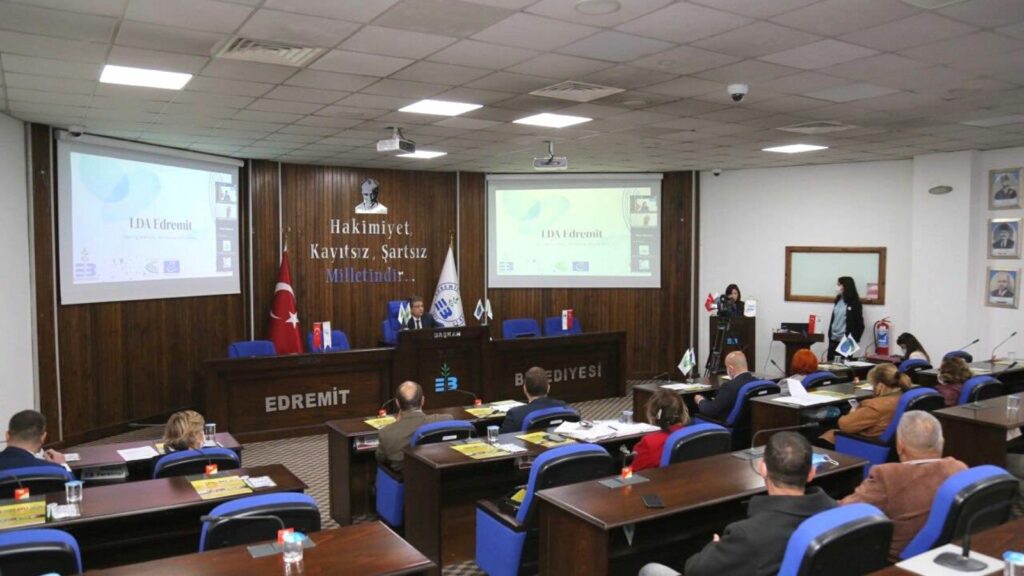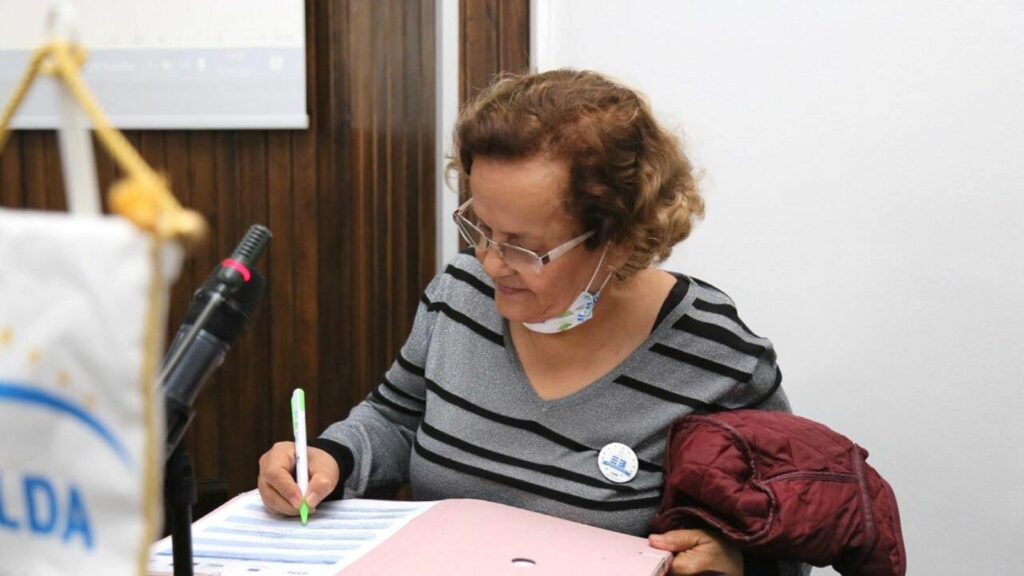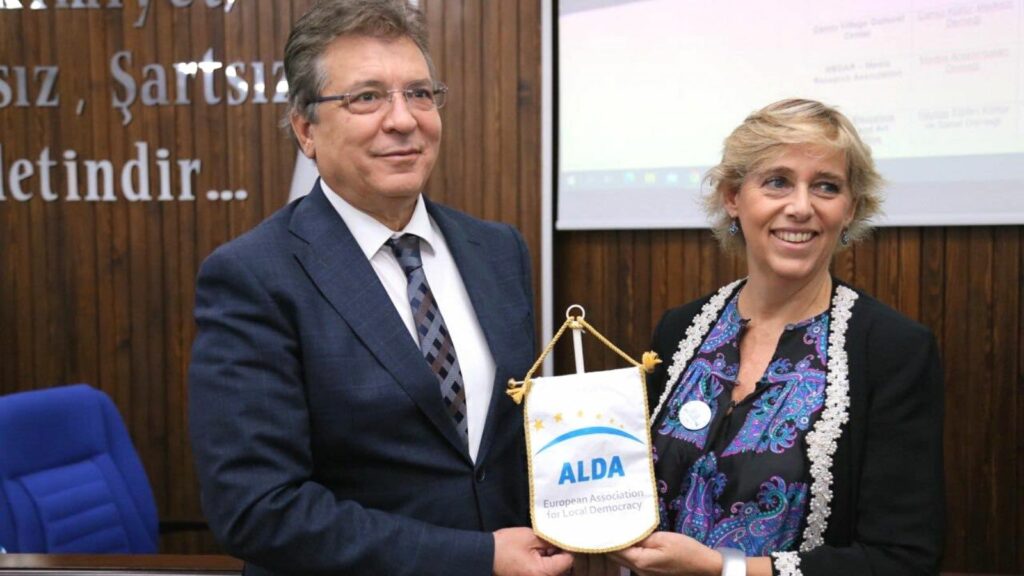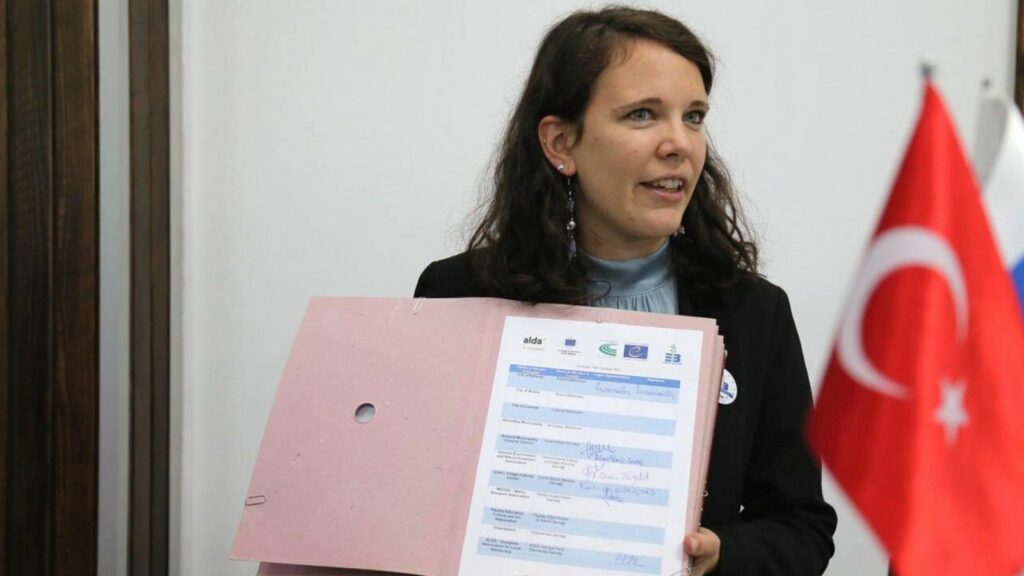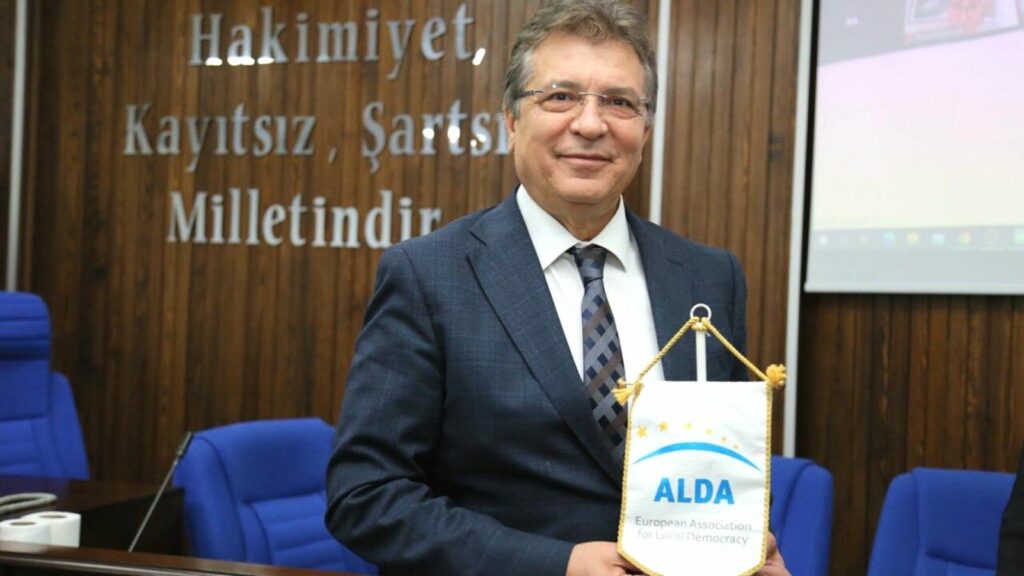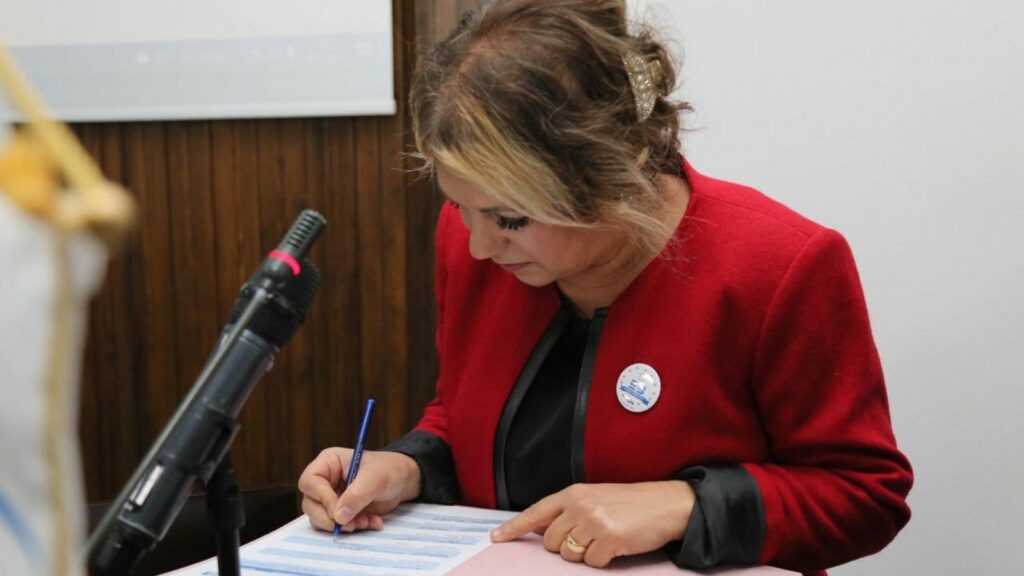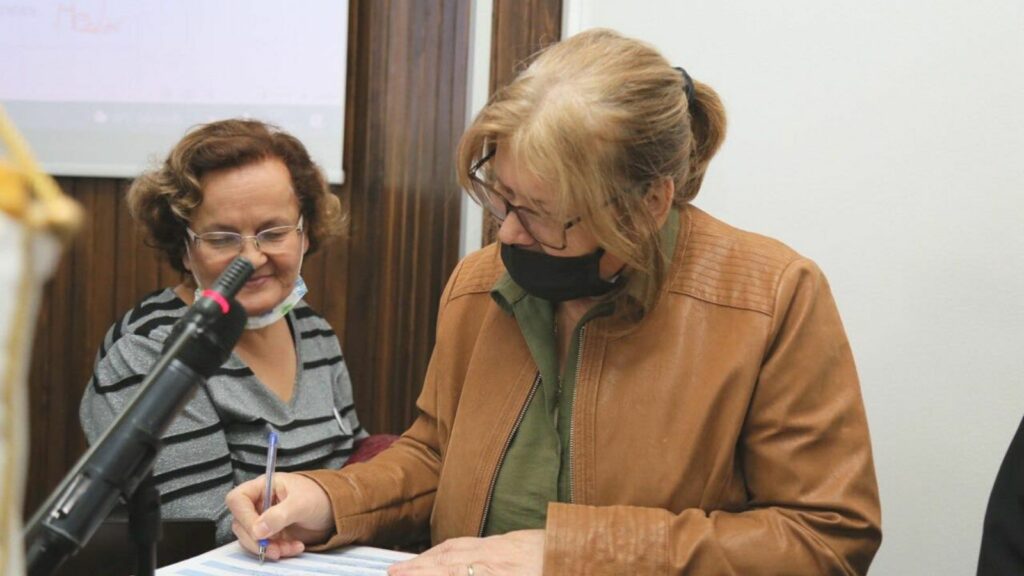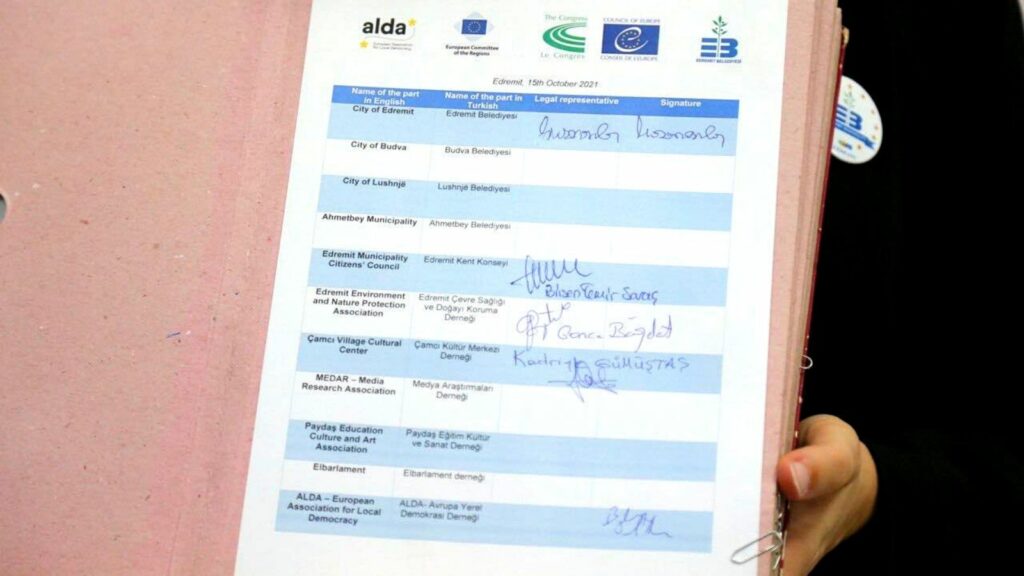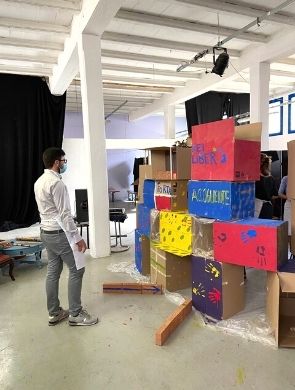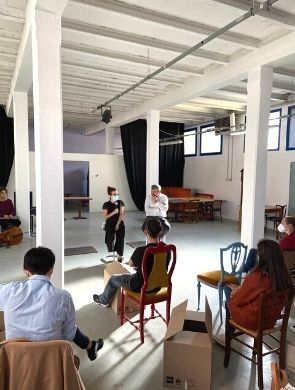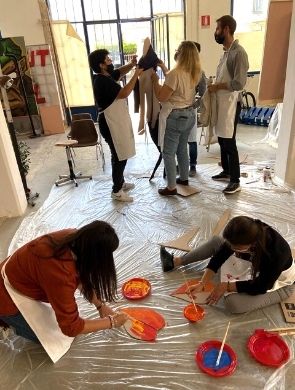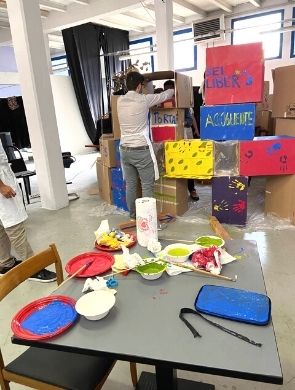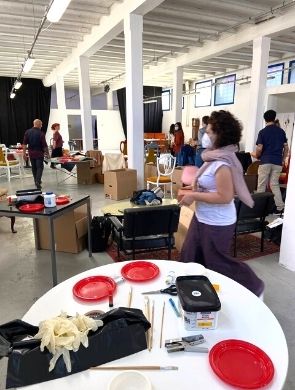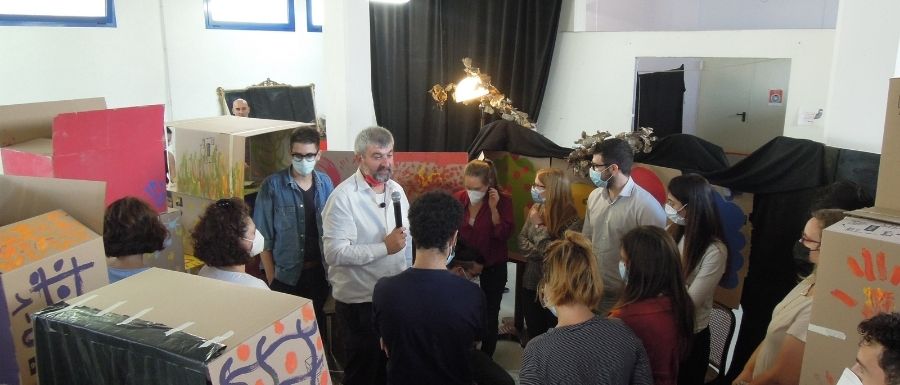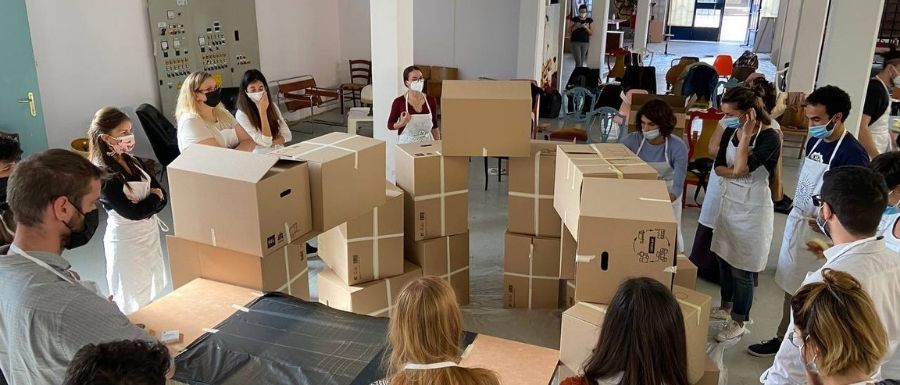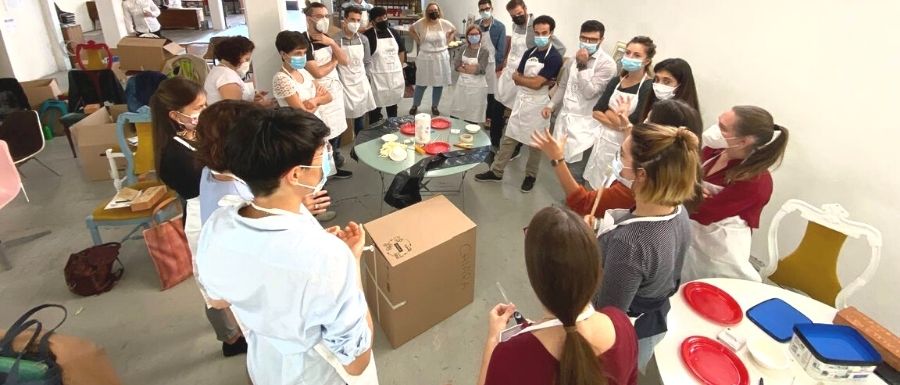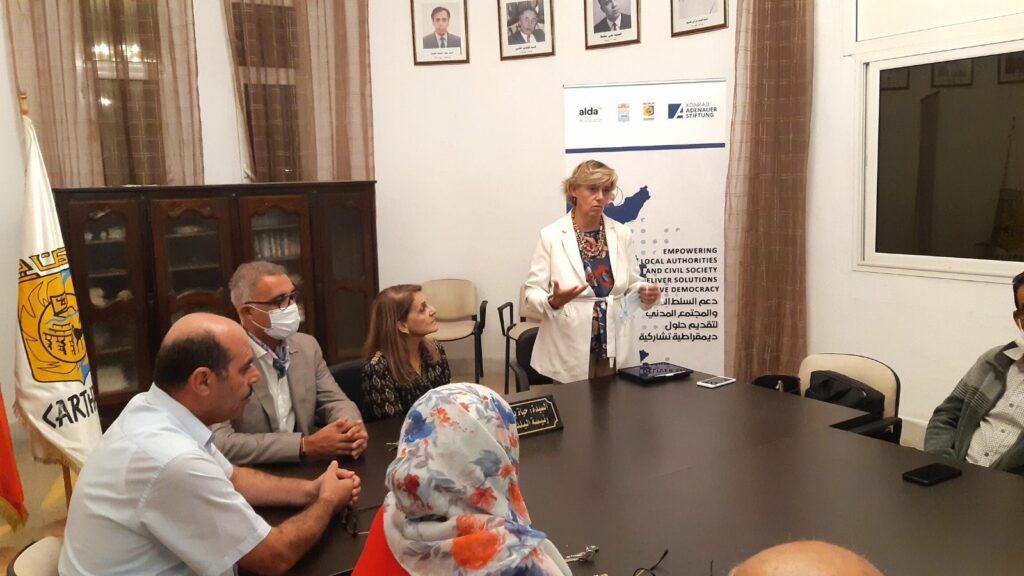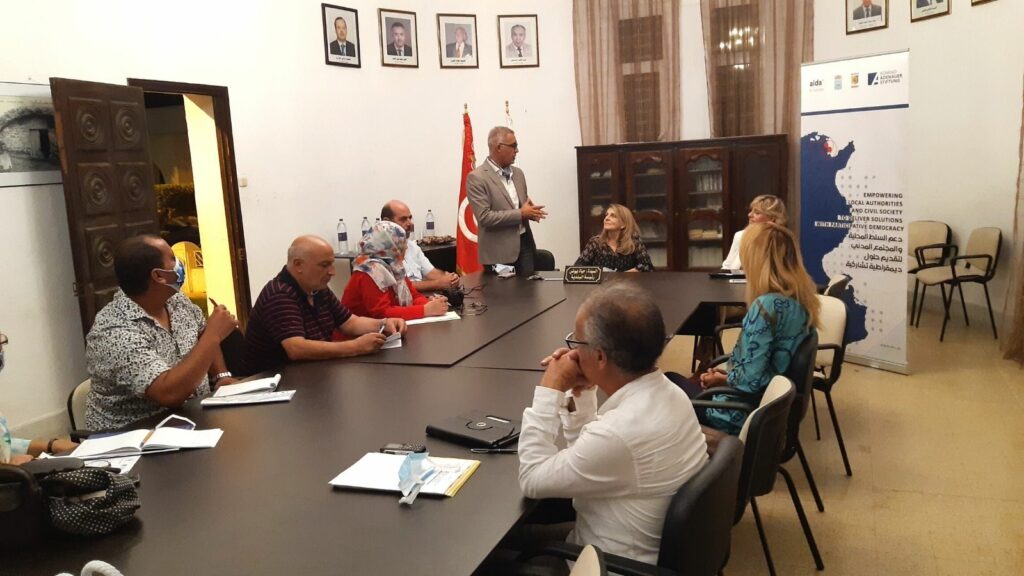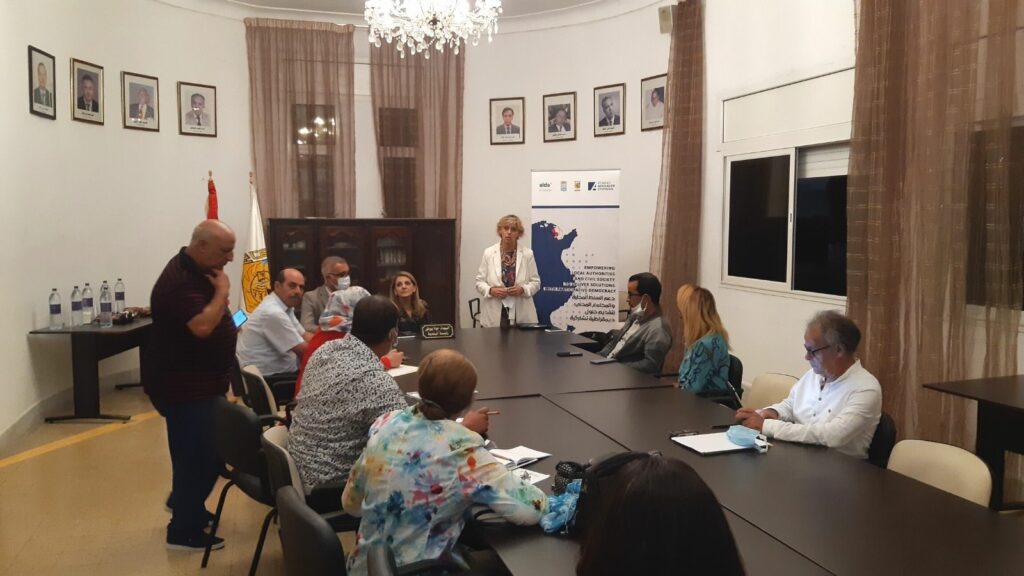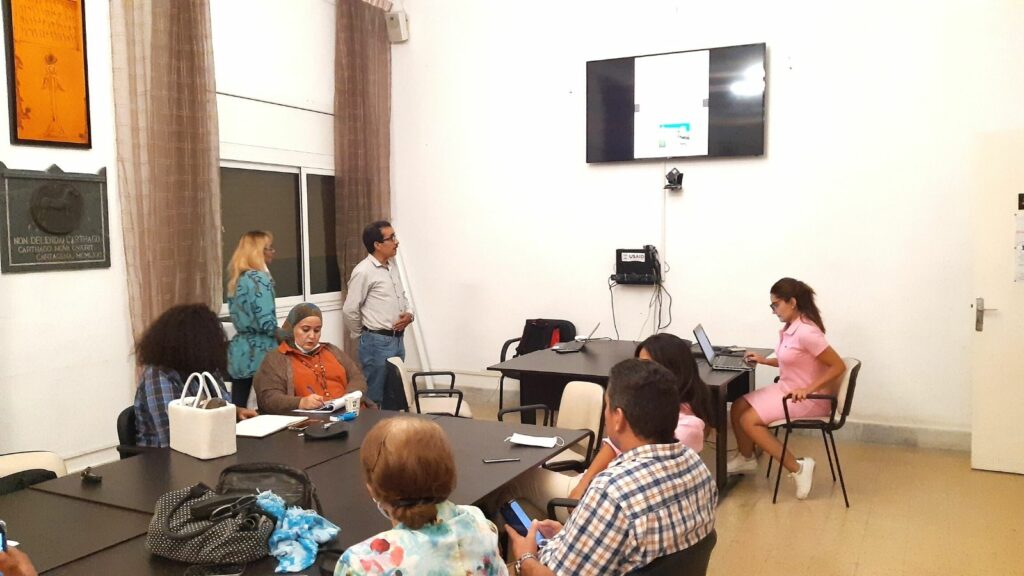ALDA’s commitment in Ukraine has always involved several actors, from institutions to citizens. Hence, in partnership with the United Nations Recovery and Peacebuilding Programme, and supported by Denmark, Sweden and Switzerland, ALDA has been involved in the “Good Governance Platform project” implemented by UNDP.
Already in July 2021, ALDA Secretary General, Antonella Valmorbida, visited Ukraine to deliver a series of training sessions in the city of Svyatogorsk. This time, in November 2021, at the second and final conference within the project, entitled «Good local governance: challenges and solutions” guests speakers and participants reflected on:
- Strengthening the institutional capacity of local authorities to manage communities;
- Ensuring the involvement of the public in decision-making and
- Implementing good governance policies through participatory democracy were among the main objectives of the event.
ALDA’s commitment in Ukraine has always involved several actors, from institutions to citizens
Specifically, this occasion gave the possibility to Donetsk and Luhansk oblasts’ communities to exchange and dialogue on “European experience of responsible local government”, especially as far as publicity, transparency, innovation, partnership concern.
Thus, as also stressed by Ms. Antonella Valmorbida: «Democracy at the local level is the diversity of civil society engagement with local authorities between key democratic moments, which are elections. It’s an effective and efficient tool for addressing the challenges.»
Inspired by this, through this event participants were able to talk about and share their experiences on implemented projects and developments in good governance, be they the creation of advisory offices for citizens, or a resource centre for initiative groups and youth councils.
Overall, ALDA was and still is very proud and honoured to be supporting active citizenship and democratisation in Ukraine and it is looking forward to continuing the efforts in the future.
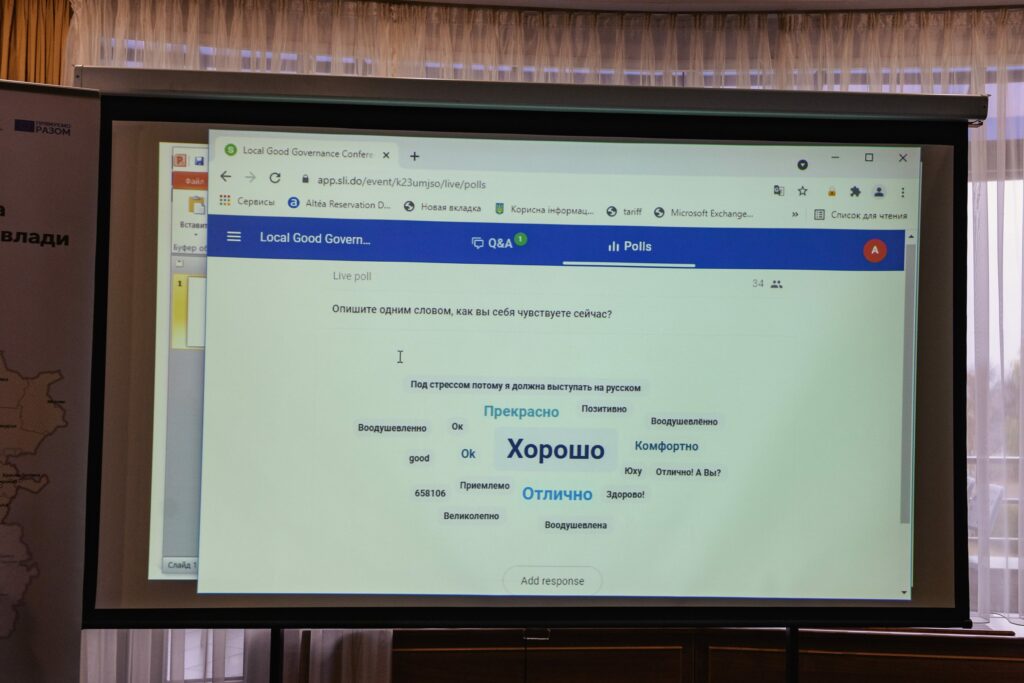
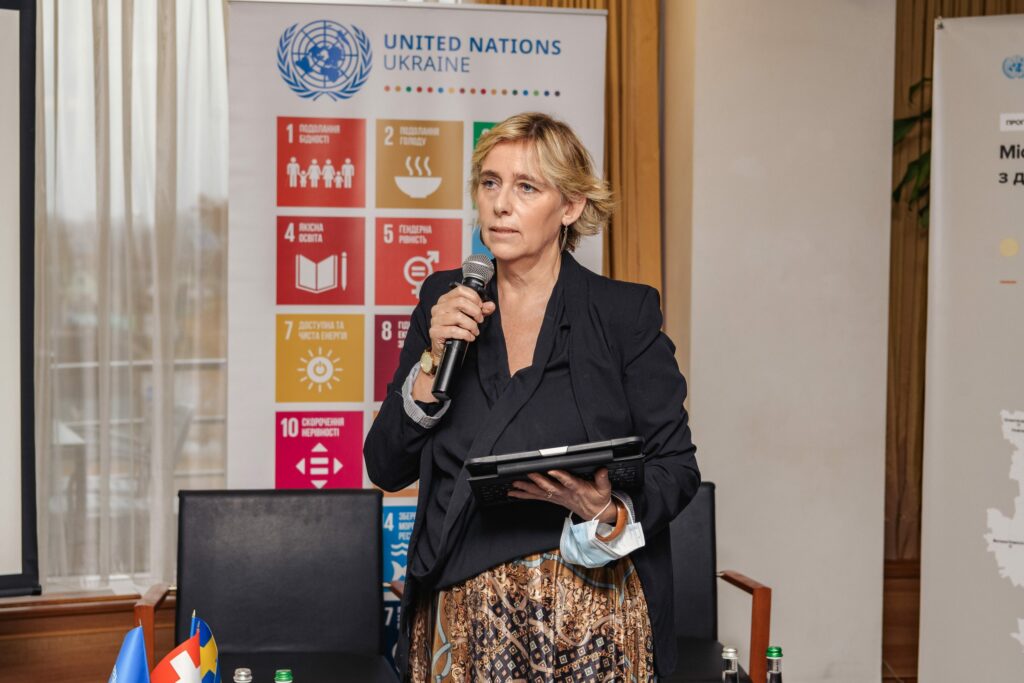
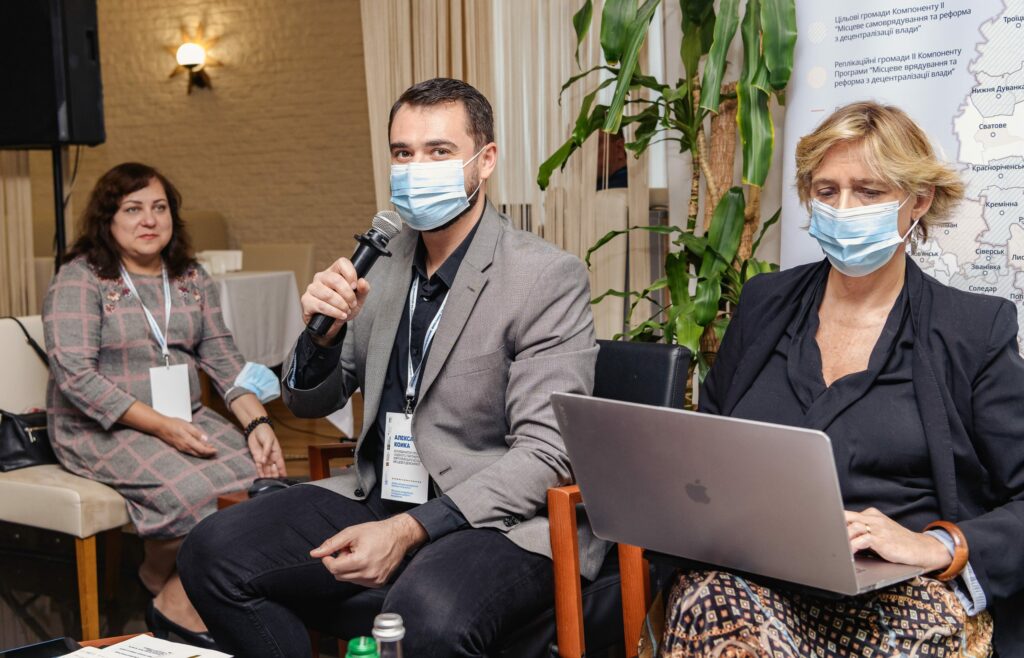
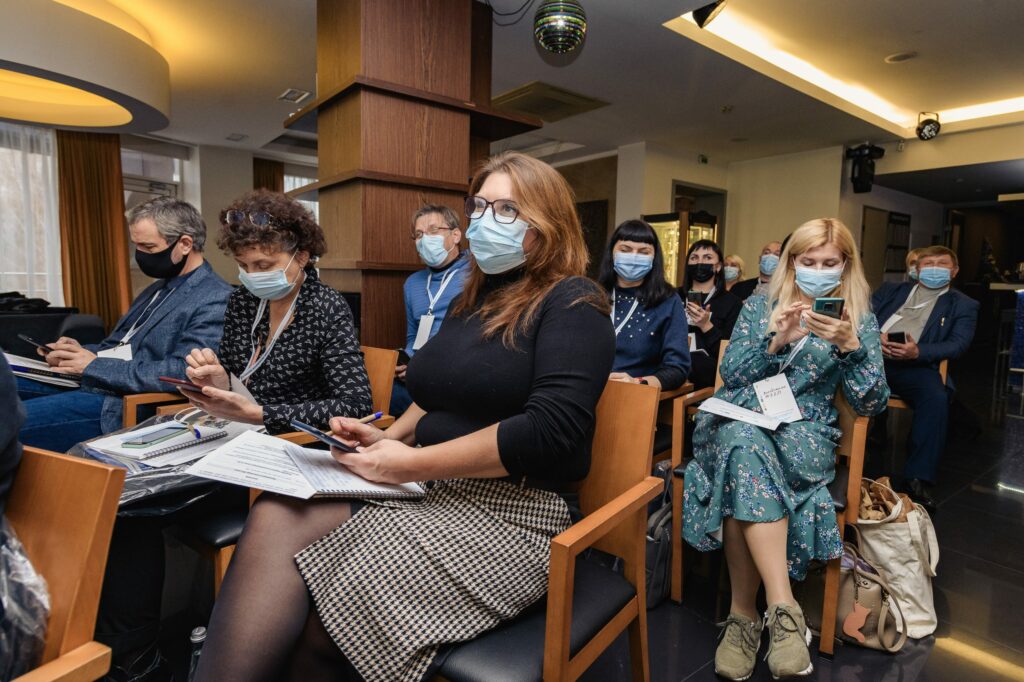
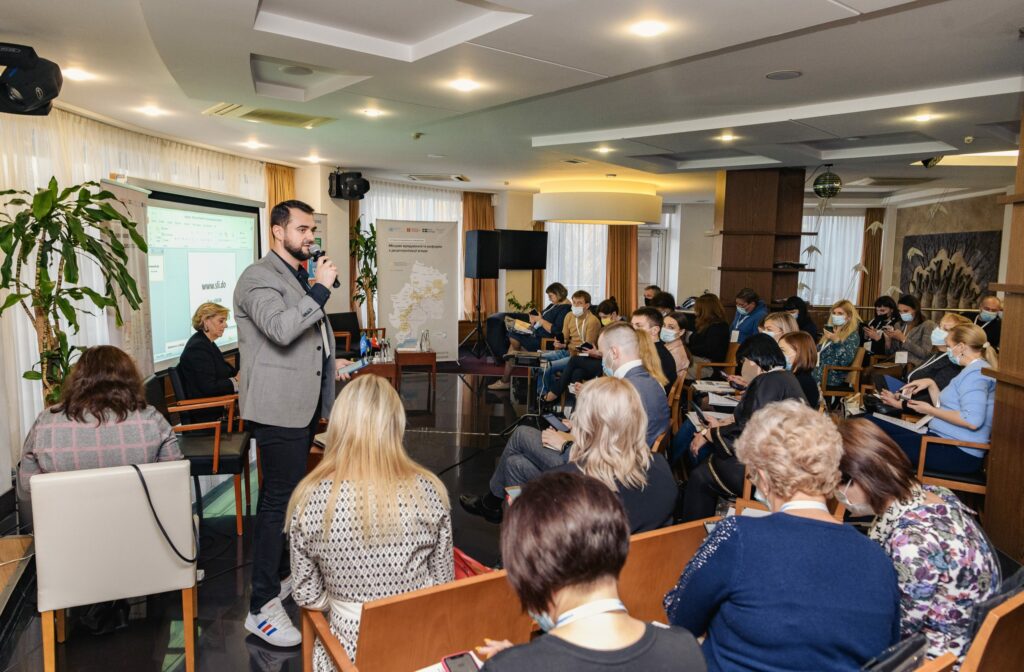
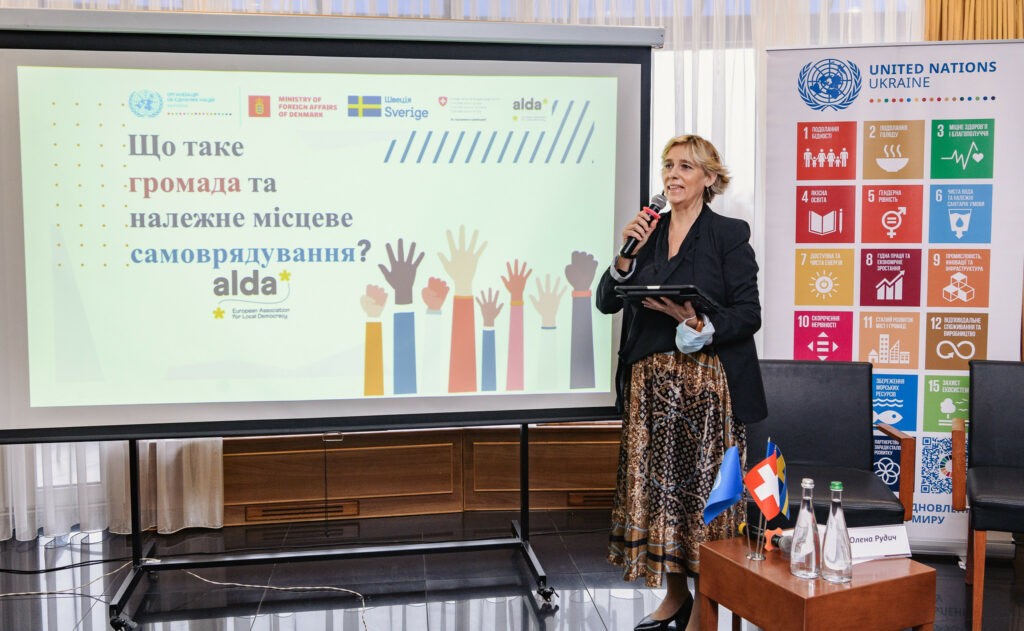
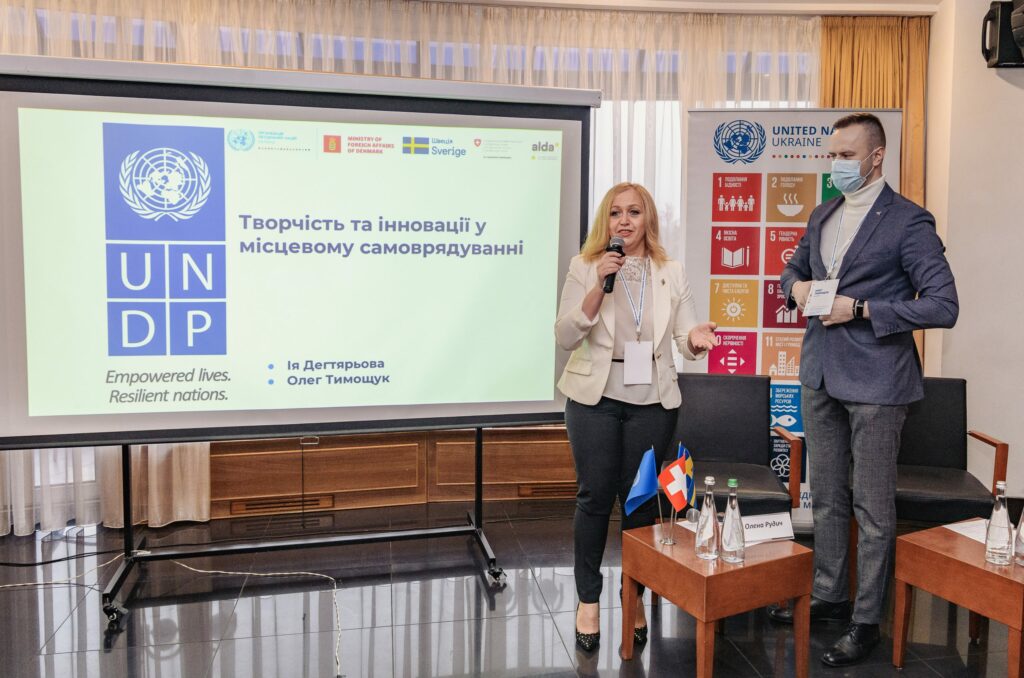
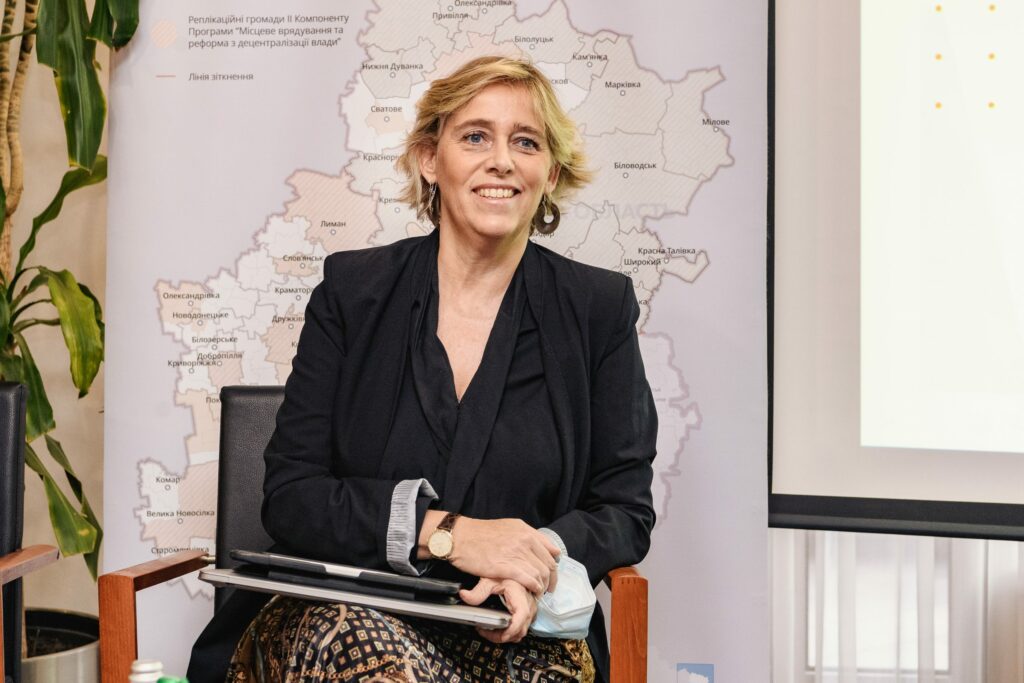
***
Some useful data:
- 240 people trained
- 6 weeks
- 12 training sessions
| Topics | |
| 1 | E-democracy |
| 2 | Good governance: authorities’ transparency and accountability to the territorial community |
| 3 | Public monitoring and anti-corruption control |
| 4 | Good Governance: public monitoring and anti-corruption control |
| 5 | Raising awareness on the professional competencies of representatives of local governments and community leaders of target communities |
| 6 | Creativity and innovation in local government |
| 7 | Development and implementation of effective mechanisms of interaction among local governments, citizens and media: examination of participatory democracy |
| 8 | Responsible local government: transparency, innovation and partnership |
| 9 | Introduction of mediation principles in communication among authorities and communities |
| 10 | Conflict resolution through mediation |
| 11 | Local budgets at the present stage: changes in legislation and new tools |
| 12 | Improving the budget management system of territorial communities in the context of decentralization reform |
